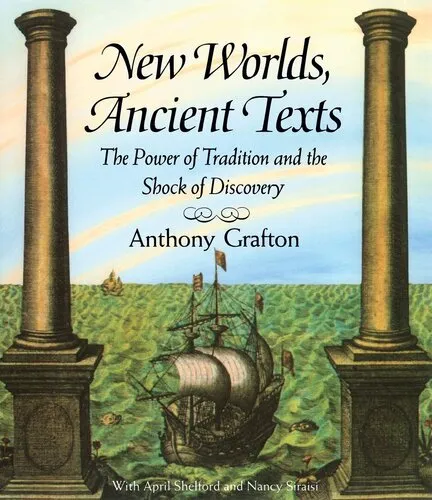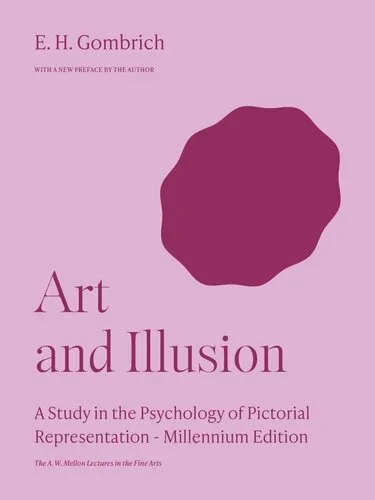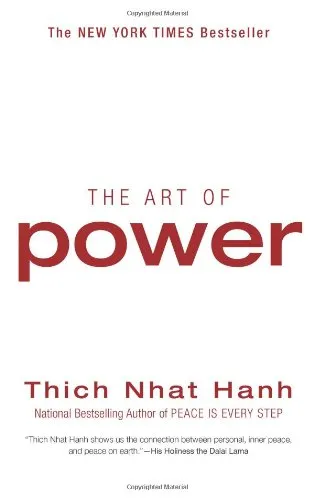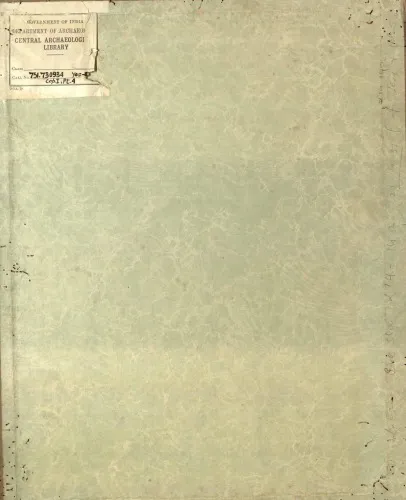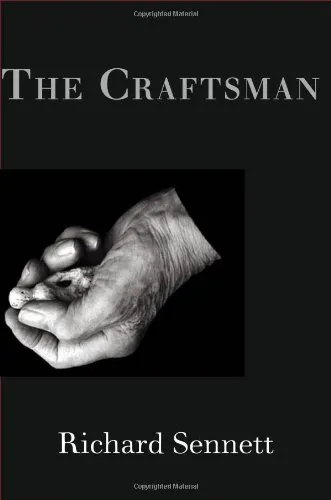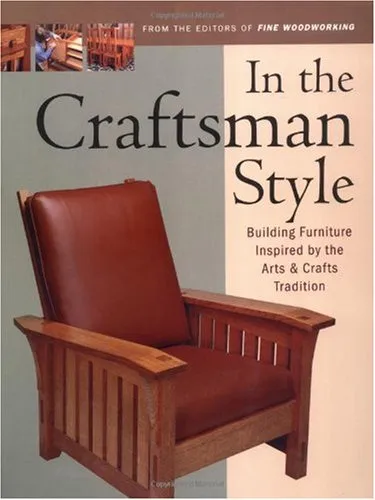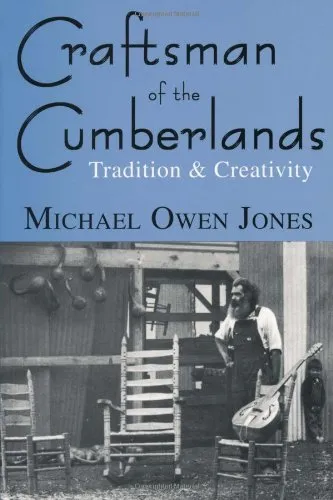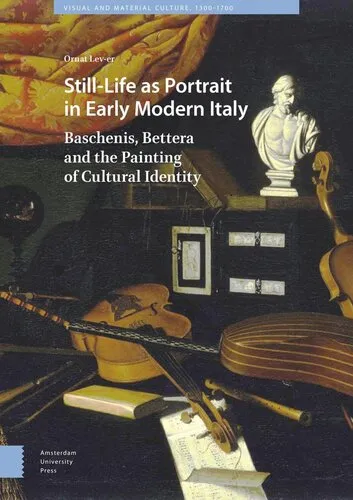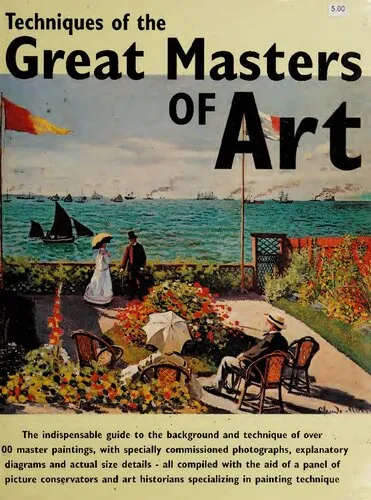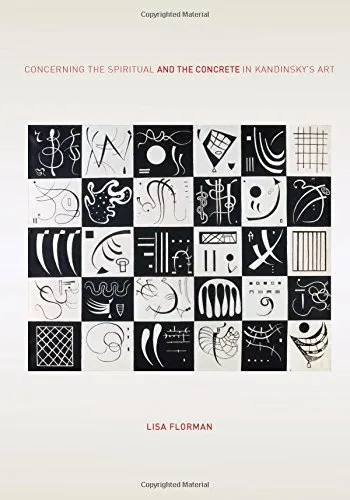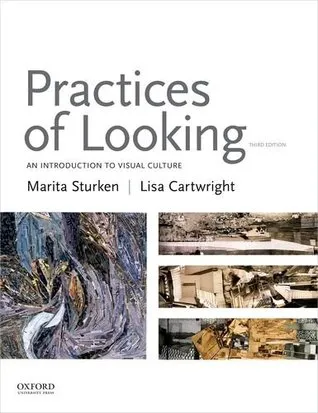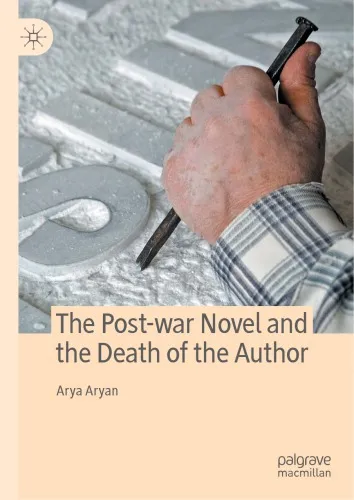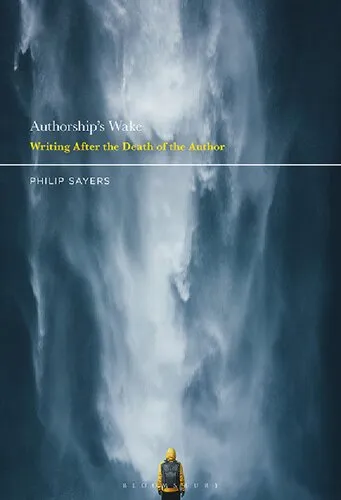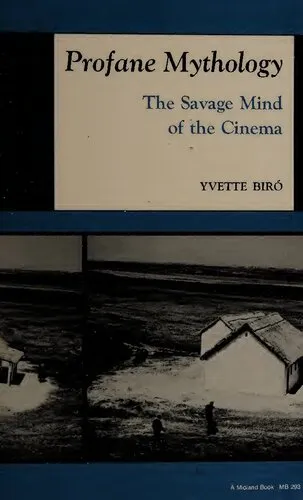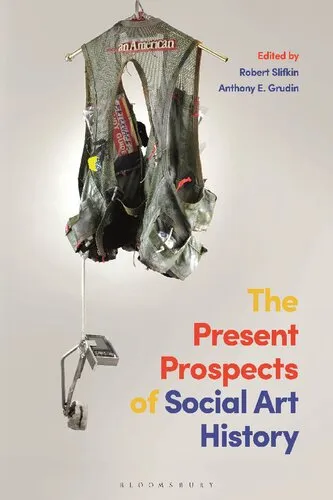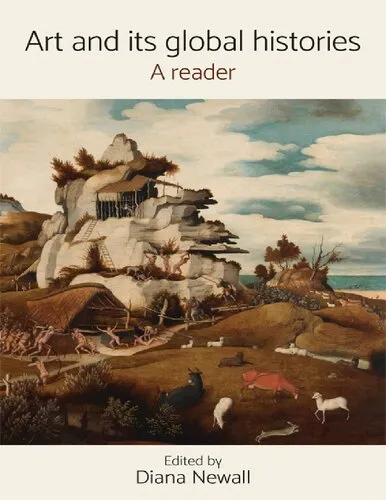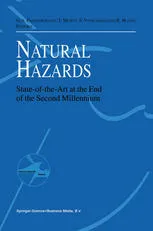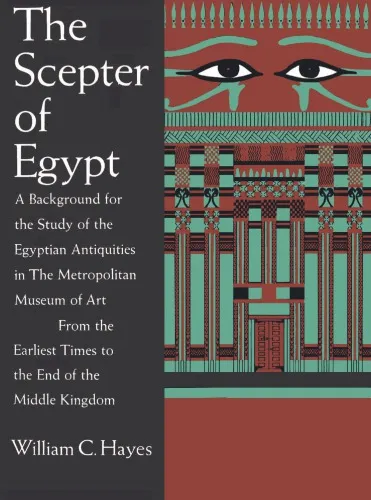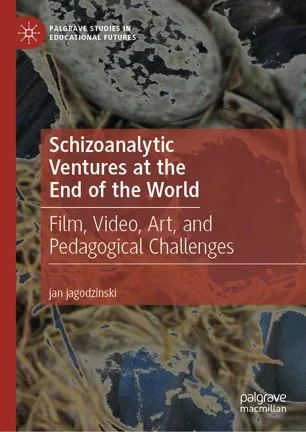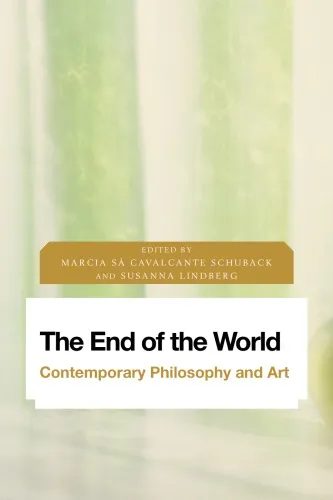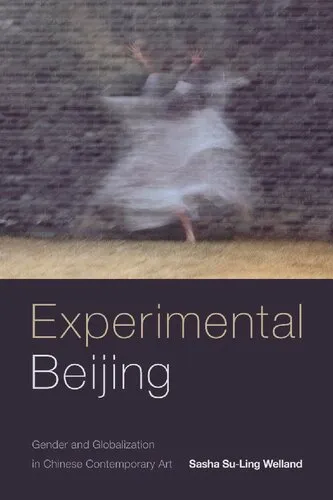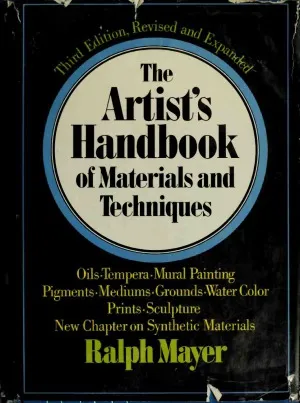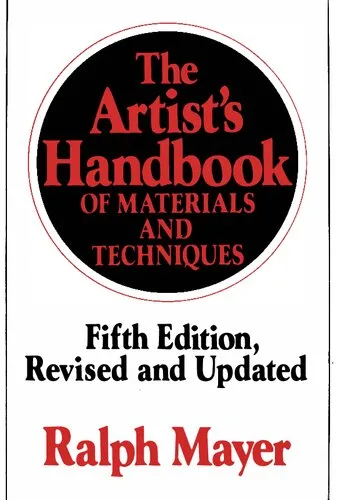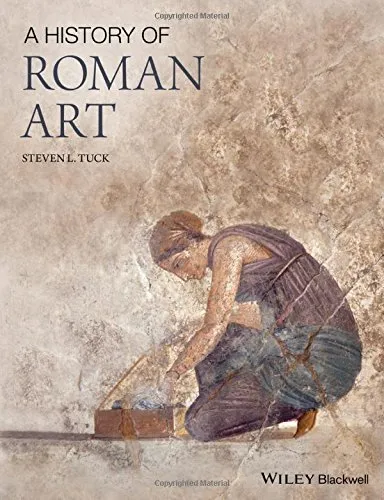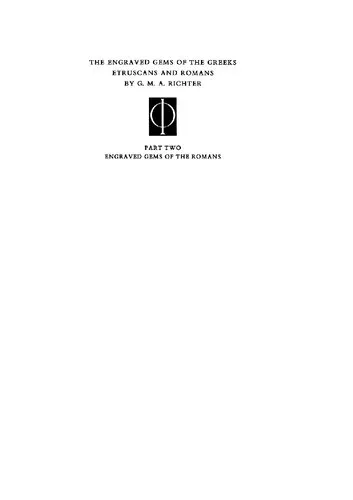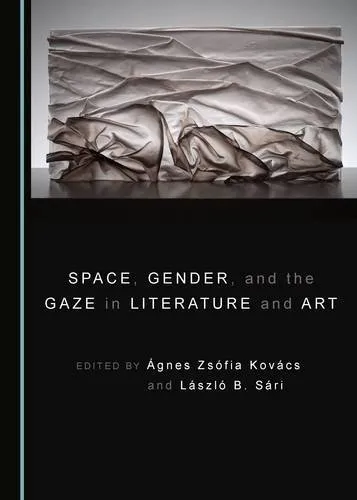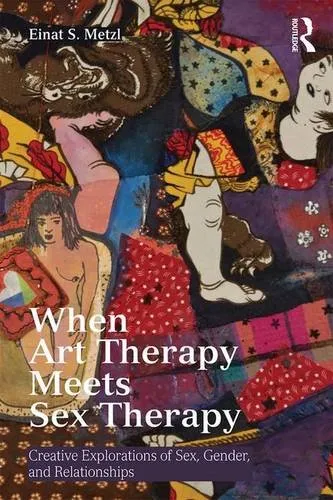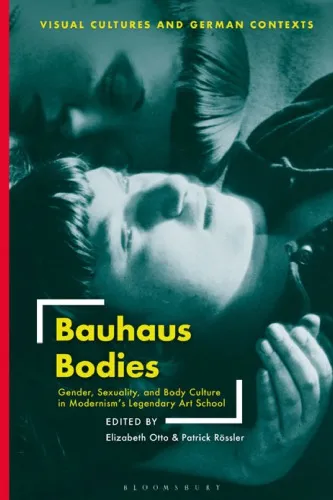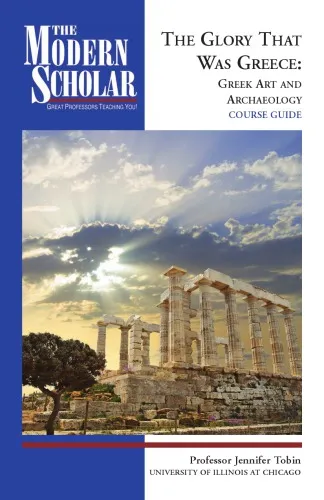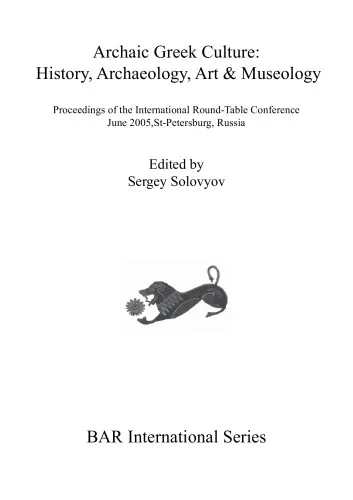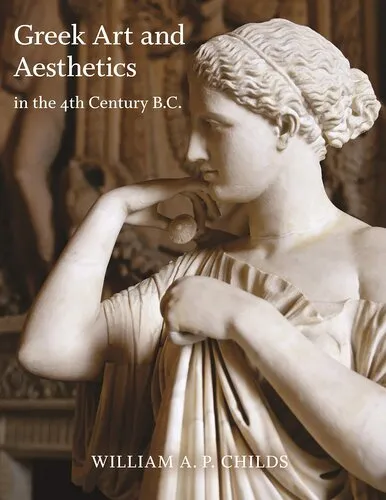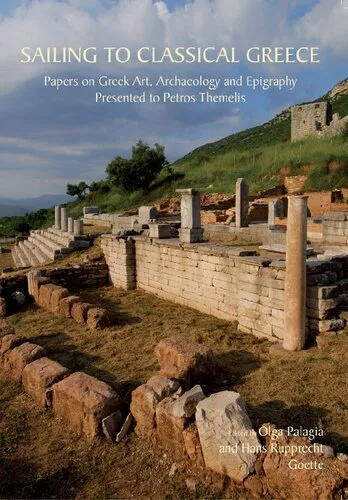New Worlds, Ancient Texts: The Power of Tradition and the Shock of Discovery
4.5
Reviews from our users

You Can Ask your questions from this book's AI after Login
Each download or ask from book AI costs 2 points. To earn more free points, please visit the Points Guide Page and complete some valuable actions.Related Refrences:
Introduction to "New Worlds, Ancient Texts: The Power of Tradition and the Shock of Discovery"
In today's rapidly evolving world, it is hard to imagine the seismic shift that new knowledge and discoveries can bring to established worldviews. "New Worlds, Ancient Texts: The Power of Tradition and the Shock of Discovery" explores one of the most transformative periods of human history—the discovery of the New World and its impact on European intellectual thought. This book, steeped in rich historical detail, examines the interplay between ancient texts and new discoveries, unraveling how these shaped the modern perception of the world.
Summary of the Book
This book delves into the period between the late 15th century and the 17th century, a time when European explorers, scholars, and intellectuals were reeling from the discoveries of new continents, peoples, and customs. The work examines the tension between adherence to ancient texts—the bedrock of European intellectual tradition—and the shock that new discoveries posed to these established beliefs.
Authors in Renaissance Europe grappled with reconciling classical texts by Aristotle, Ptolemy, and other ancient authorities with new empirical findings. Maps had to be redrawn, encyclopedias rewritten, and the very understanding of humanity and its place in the cosmos questioned. Through a detailed analysis of numerous historical case studies, the book paints a picture of how Europeans came to terms with and eventually integrated these new pieces of information, leading to a profound transformation in human thought.
Key Takeaways
- The world was fundamentally redefined not only in geographic terms but also in philosophical and intellectual terms.
- Ancient texts were not simply discarded but rather reinterpreted and used as a framework to incorporate new ideas.
- The process of adapting to new discoveries was slow and fraught with resistance, yet it eventually led to substantial progress in human understanding.
- Tradition holds powerful sway over the acceptance of new knowledge, a theme that remains relevant in contemporary discussions of scientific progress.
Famous Quotes from the Book
"The shock of the new does not obliterate the old; rather, it makes room for it to be reconsidered in new and illuminating ways."
"In preserving the works of the past, scholars found new paths forward when the terrain of their understanding was altered beyond recognition."
Why This Book Matters
"New Worlds, Ancient Texts" matters because it provides deep insights into how humans react to groundbreaking discoveries—an aspect that is especially relevant today in the context of rapid technological and scientific advancements. It reminds us that tradition and modernity are not mutually exclusive but are part of an ongoing dialogue. By reflecting on historical shifts in knowledge, we better understand the dynamics of change that continue to affect us.
Furthermore, the book serves as an essential resource for those interested in the history of ideas, the role of intellectual tradition, and the cultural shifts that accompany new discoveries. By analyzing how past scholars handled the influx of unprecedented knowledge, contemporary readers are encouraged to think critically about how we incorporate new information into our existing frameworks.
Free Direct Download
You Can Download this book after Login
Accessing books through legal platforms and public libraries not only supports the rights of authors and publishers but also contributes to the sustainability of reading culture. Before downloading, please take a moment to consider these options.
Find this book on other platforms:
WorldCat helps you find books in libraries worldwide.
See ratings, reviews, and discussions on Goodreads.
Find and buy rare or used books on AbeBooks.
1468
بازدید4.5
امتیاز0
نظر98%
رضایتReviews:
4.5
Based on 0 users review
Questions & Answers
Ask questions about this book or help others by answering
No questions yet. Be the first to ask!
